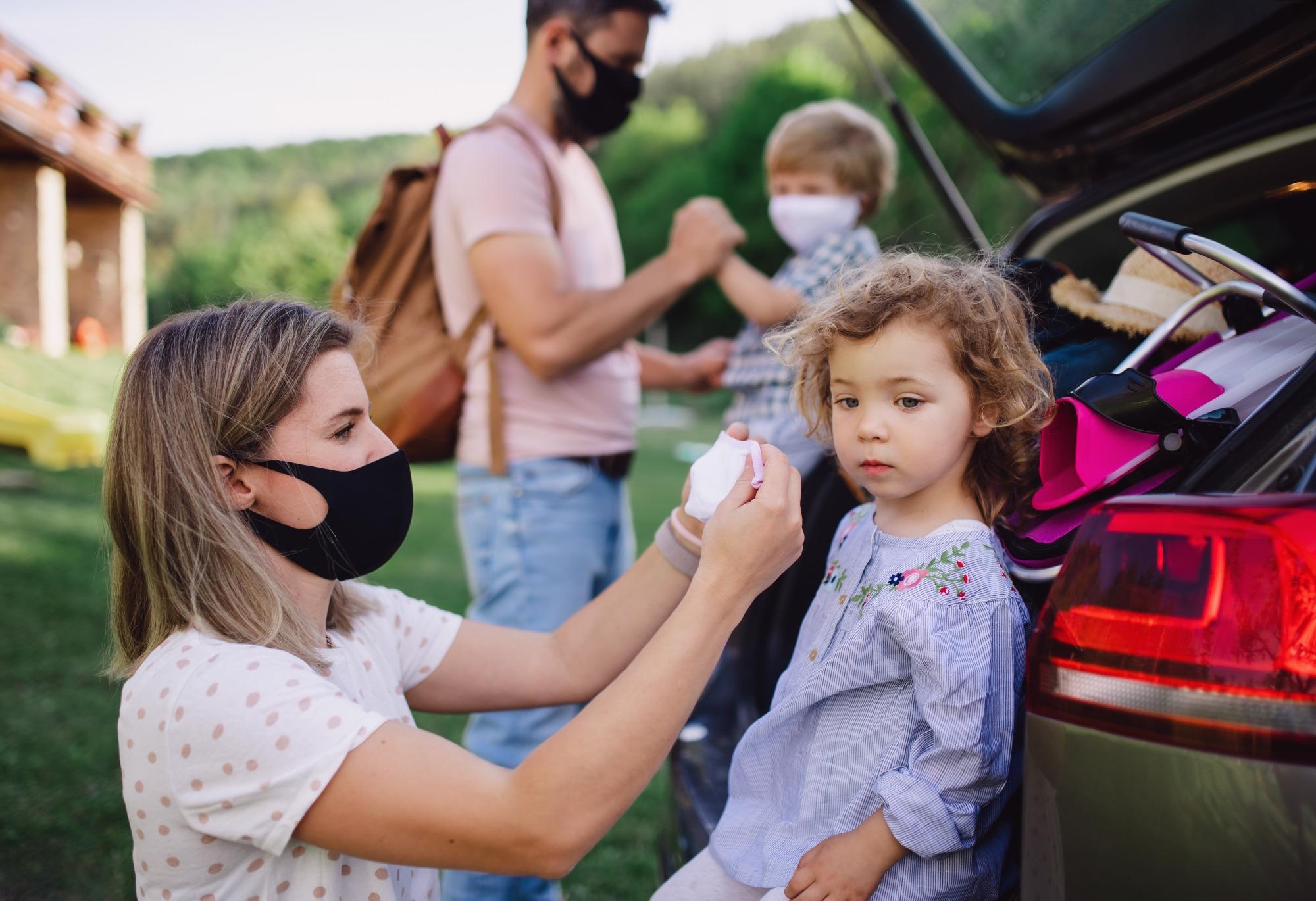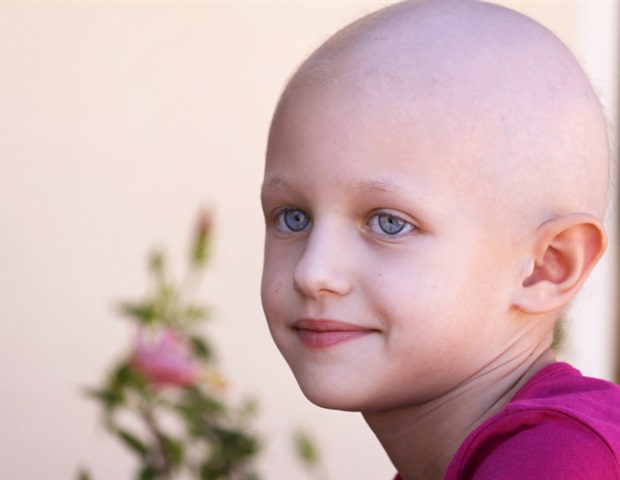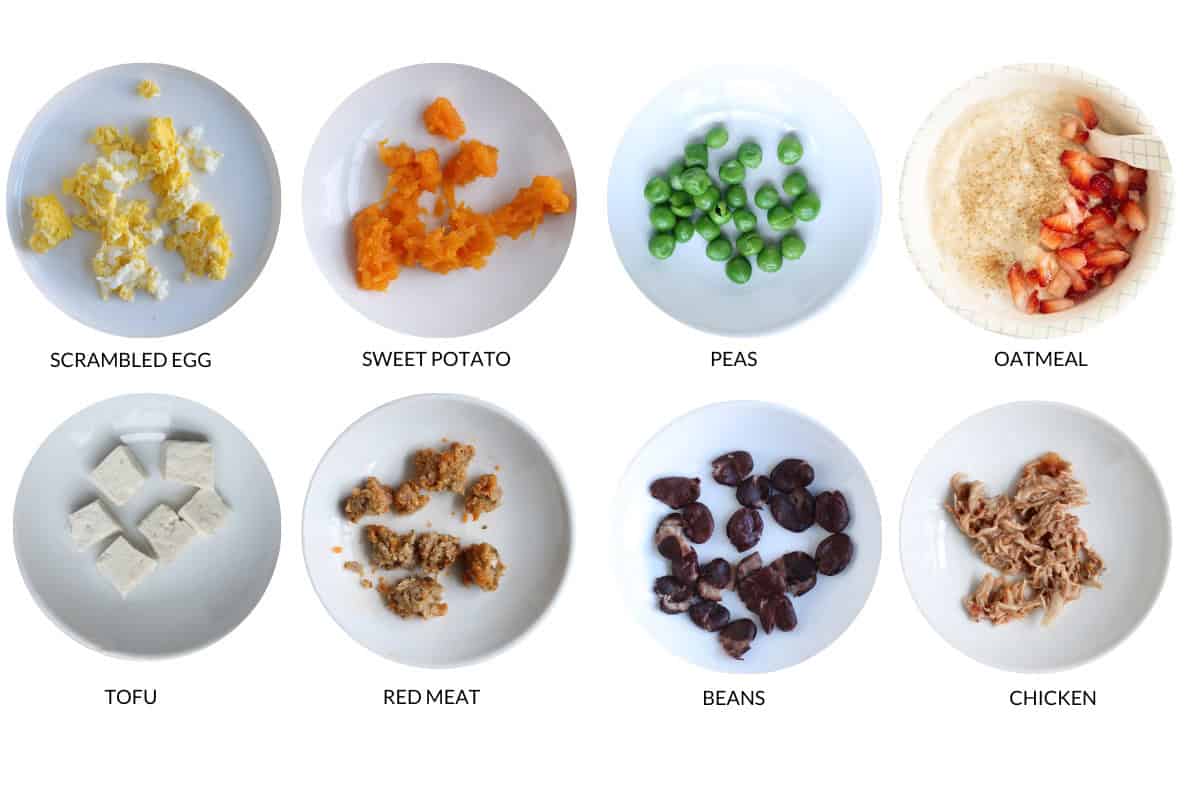It’s been more than two years since the pandemic began and while every other age group has had the opportunity to be vaccinated, parents of kids in Canada, the U.S. and elsewhere are still waiting for a COVID vaccine for kids under 5.
For many parents, it’s been a nervous few months. “The vast majority of children hospitalized during Omicron were kids under five,” says Anne Pham-Huy, a paediatric physician and infectious disease specialist at the Children’s Hospital of Eastern Ontario, who is also a member of the National Advisory Committee on Immunization (NACI).
So for those eagerly waiting, here’s what we know about when vaccines for the littlest kids will be available and how effective they will be.
What COVID vaccines for kids under 5 are up for approval?
There are two main contenders for regulatory approval for vaccines for kids under 5: Moderna and Pfizer-BioNTech. But so far, only Moderna has made an official request for approval.
Both vaccines use messenger RNA (mRNA) technology, which teaches cells how to make a protein to trigger an immune response, and are little-kid versions of vaccines already approved for older age groups.
Moderna vaccine for kids 6 months to 6 years
In a clinical trial to test its vaccine, called Spikevax, Moderna enrolled approximately 6,700 kids and gave them two 25 microgram doses of the vaccine, 28 days apart. (The adult version of the vaccine is 100 micrograms and the version for six to 11-year-olds is 50 micrograms).
Moderna has given the trial data to both Health Canada and the U.S. Food and Drug Administration (FDA) and has requested approval for kids six months to six years of age.
Pfizer vaccine for kids 6 months to 5 years
Pfizer’s vaccine, called Comirnaty, was initially two doses of 3 micrograms for children aged six months to five years. (The approved dose for five- to 11-year-olds is 10 micrograms, and for people 12 and up it’s 30 micrograms).
However, in the trial, participants did not mount an adequate immune response to the vaccine, so the company has extended the trial to include a third dose. This has delayed the company’s submission to regulatory bodies, which was initially expected in February and now isn’t expected until late spring or early summer.
What are the potential risks or side effects of the COVID vaccine for kids under 5?
In the Moderna trial, side effects of the vaccine were similar to those of other routine vaccines, including arm pain, fever, muscle pain, headaches, nausea and tiredness. In adults and adolescents, the mRNA vaccines come with a small risk of myocarditis and pericarditis (inflammation of the heart muscle and heart’s outer lining) but cases are extremely rare. In the safety information released from Moderna, no cases were reported in their under-six vaccine trials.
So far, Pfizer hasn’t released data on side effects or risks of its vaccine for this age group.
Is the Pfizer or Moderna vaccine better?
When it comes to which vaccine your kid should get: “I’m not sure parents will have a choice,” says Pham-Huy.
Initially, most parents likely assumed their kids would get the Pfizer vaccine, since that’s what the kids aged five to 11 got. Now, that’s not looking like the case, at least not early on in the under-five vaccine rollout, since Moderna is the only vaccine that is currently being considered by Health Canada for this age group.
Many adults got different brands of vaccines for their first, second or third shot. But that might not be possible with the vaccines for this age group, as the dosing might be different. “If Pfizer is successful, then it would be a three-dose regimen, whereas it will be a two-dose regimen for Moderna, at least to begin with,” says Sabina Vohra-Miller, a health advocate and founder of Unambiguous Science.
Parents will have to wait to see what NACI recommends if and when one or both are approved.
Are the vaccines effective with new variants?
These vaccines were developed for the original SARS-CoV-2 virus and as we know, the virus has mutated several times since then.
In the Moderna trial, antibodies produced in the 6 months to 6 years age group were similar to adults or slightly higher, but when it came to symptomatic infections—so, actually getting sick from the virus—the data wasn’t as strong, explains Vohra-Miller.
Vaccine efficacy against symptomatic illness was 51 percent for kids six months to two years and 37 percent for two to six-year-olds. These were similar to efficacy estimates in adults against Omicron after two doses of the adult Moderna vaccine.
However, Pham-Huy stresses that even if the vaccine is less effective against infection, it still plays an important role. “The main goal is to prevent severe disease and you do prevent severe disease with these vaccines,” she says. If your child’s body mounts an antibody response to the original strain thanks to the vaccine, their body will recognize that spike protein and make antibodies. Over time, those antibodies go down, which is normal. But the immune system matures, evolves and refines itself, so even though the variants can evade the immune system and cause infection, your child is still ultimately protected against severe disease from subsequent variants, Pham-Huy explains.
When will the COVID vaccine for kids under 5 be approved?
It’s hard to predict how long the vaccine approval process will take, says Pham-Huy. It depends on the data the company has provided to regulators. “All these vaccine trials and submissions go through the same high-level vigorous process,” she explains.
“We have been waiting for a very long time but we are making sure the vaccine is safe and efficacious,” says Vohra-Miller. “For Moderna, if everything goes well, then I would imagine they would have approval by mid to late June.”
She is hopeful that kids in this age group can be fully vaccinated before school starts again in September.
Should you get your baby, toddler or preschooler vaccinated?
“If I had a child under five years old, there’s no doubt I would make sure they got their vaccine,” says Pham-Huy. “I’d expect them to catch COVID at some point but I’d rather not have them go through it without any kind of protection.”
Even though most kids don’t develop severe symptoms from COVID, “Infectious disease is unpredictable,” says Pham-Huy. “You don’t know if your two-year-old will have a super easy, asymptomatic time with COVID or if they will end up in the hospital.”
And while it’s still being studied, it appears that vaccines reduce the risk of children developing multisystem inflammatory syndrome (MIS-C), a rare but dangerous condition that can occur after COVID infection.
Can you go back to “normal” once your under-five kid is vaxxed?
No one really knows how the pandemic will wax or wane, but doctors do know that vaccines can help us all get back to normal, says Pham-Huy. She likes to think of the pandemic as a big storm–sometimes it rains, sometimes it thunders, but vaccines act like a big, sturdy umbrella.
And for those parents who have been waiting anxiously to get their little ones vaxxed? “Knowing your child has some protection will be a huge weight off parents’ shoulders,” says Vohra-Miller.
Welcome to ParentingBlog. Here you will find information about pregnancy, parenting, baby tips, nutrition, health and more. We have tons of videos, articles, tips, and advice. All found in one place! Enjoy!
Shop our online store for the best deals in beauty, health, and more. SHOP NOW.



















Add comment